As the world celebrates Earth Day on April 22nd, businesses and entrepreneurs are being reminded of the crucial role they play in the sustainability of the planet. Alberta, well-known for its oil and gas industry, has seen a significant rise in environmentally conscious entrepreneurs in recent years. Alberta women entrepreneurs especially are at the forefront of this movement, driving innovation and creating new business models that prioritize both profitability and environmental responsibility. These entrepreneurs are paving the way for a more sustainable future, while also promoting economic growth and job creation.
What is Business Sustainability?
Harvard School of Business refers to business sustainability refers as the ability of a business to meet its present needs without compromising the ability of future generations to meet their needs. Sustainable businesses prioritize the use of renewable resources, minimize waste, reduce carbon emissions, and engage in ethical and socially responsible practices.
It is a company’s strategy to reduce negative environmental impact that results from their operations within their industry. Using environmental, social, and governance (ESG) metrics is how companies will evaluate their business sustainability. Being conscious of your business’s impact and how it affects the future of not only the ecosystem, but long term longevity of your business is key. Some ways to apply sustainability strategies in your business, according to IBM, include:
- Deploying infrastructure that reduces greenhouse gas (GHG) emissions. Preserves water resources and eliminates waste
- Operating dynamic and efficient supply chains to empower a circular economy, encourage reuse, design out waste, promote sustainable consumption, and protect natural resources
- Enabling sustainable development by assessing and improving resiliency while adhering to external regulations and development goals
Sustainable Business in Alberta
Emissions Reduction Alberta, a not-for-profit organization that invests in innovative technologies and practices to reduce greenhouse gas emissions. Emissions Reduction Alberta funds projects that reduce emissions in Alberta's energy, agriculture, and industrial sectors, while also promoting economic growth and job creation.
Another Alberta-based business making waves in sustainability is Poppy Barley, a luxury footwear and accessories company who holds ethical manufacturing standards in addition to quality product at the forefront of their mission. Originally based in Edmonton, Alberta, sisters Justine and Kendall Barber launched Poppy Barley in 2012, and have since expanded their business in Edmonton to open a storefront in Calgary and an upcoming store launch in Vancouver, BC. Poppy Barley is a certified B Corporation meaning they meet the highest standards of verified social and environmental performance, transparency and accountability.
Certified B Corporations have a triple bottom line of purpose, people and profit. This is embedded into the laws of their corporation and means they equally consider the impact on their employees in addition to their production partners, customers, community, and the environment when making decisions.
Why is Sustainability Important?
Sustainability is not just about reducing carbon emissions and minimizing waste. It's also about engaging in ethical and socially responsible practices. Alberta entrepreneurs are committed to social sustainability, ensuring that their businesses are inclusive, diverse, and supportive of their communities.
Alberta women entrepreneurs are leading the way in business sustainability, promoting economic growth, and job creation while reducing their environmental impact. As we celebrate Earth Day, let us recognize the crucial role these entrepreneurs play in shaping a more sustainable future. By supporting sustainable female-owned businesses, we can all contribute to a healthier planet and a more prosperous economy.
Sources:
https://online.hbs.edu/blog/post/what-is-sustainability-in-business
https://www.ibm.com/topics/business-sustainability







